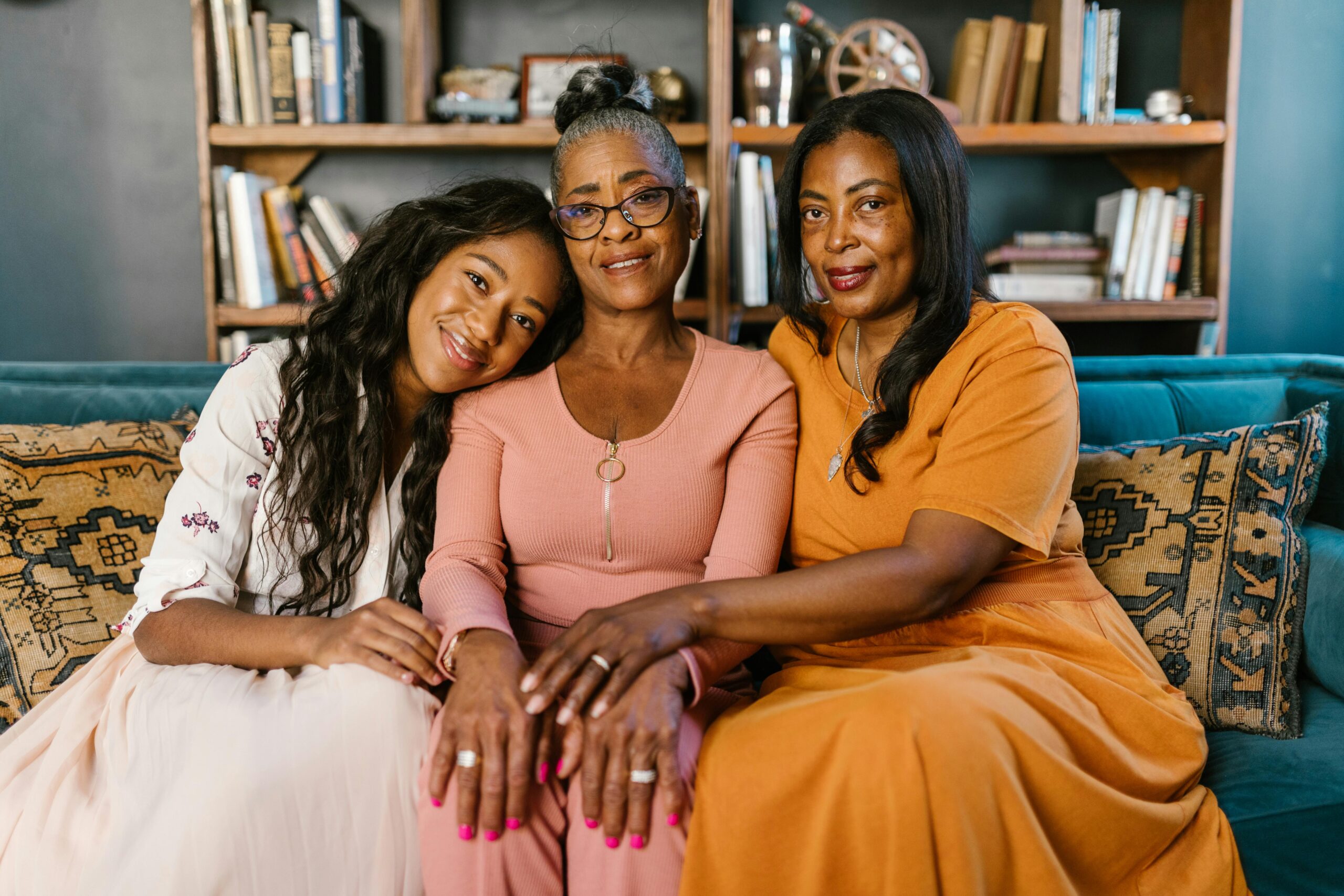Every September, we honor National Recovery Month, a time to celebrate the strength of those on their recovery journeys and raise awareness that recovery is not only possible — it’s happening every day.
Whether from substance use, mental health struggles, trauma, or a mix of all three, recovery is deeply personal. It’s rarely linear, often messy, but always rooted in the radical belief that healing is possible — and that no one has to do it alone.
🌱 What Is National Recovery Month?
Launched in 1989, National Recovery Month shines a light on people living in recovery, the support systems that uplift them, and the need for accessible treatment and care. This year’s theme — “Every Person. Every Family. Every Community.” — reminds us that recovery is a shared journey, and it touches all of us.
Recovery isn’t just about abstaining from substances or checking a box. It’s about reclaiming self-worth, rebuilding relationships, and rediscovering a sense of purpose.
💛 What Recovery Really Looks Like
Recovery can look like:
- A single day of saying “no” when it would be easier to say “yes”
- Attending a meeting or therapy session, even when it feels vulnerable
- Creating boundaries with people or environments that harm your growth
- Learning to sit with discomfort without numbing it
- Starting over — again and again — and still choosing to keep going
There’s no one path, no perfect formula. Healing is as individual as the pain that prompted it.
🔊 Voices from the Journey
“Recovery taught me that I’m not broken — I was just carrying too much.”
“I used to think asking for help made me weak. Now I know it saved my life.”
“It’s not about being perfect. It’s about staying honest, staying connected, and showing up — even when it’s hard.”
These are the kinds of quiet, powerful truths that live in recovery stories. Every voice matters. Every story deserves to be heard.
🧩 How to Support Recovery — For Yourself or Someone You Love
1. Listen Without Judgment
People in recovery often face stigma, silence, or shame. Offering a nonjudgmental presence can be deeply healing.
2. Educate Yourself
Learn about addiction, mental health, trauma, and the systems that shape them. Understanding reduces stigma and strengthens support.
3. Celebrate Progress, Not Perfection
Recovery is full of ups and downs. Small wins — a clear day, a healthy boundary, a new insight — are worth honoring.
4. Encourage Professional Support
Therapists, support groups, peer counselors, and treatment programs are all valuable tools. Recovery doesn’t have to be walked alone.
5. Check In Regularly
A simple “How are you doing today?” can make someone feel seen, supported, and less alone.
🔗 Resources That Make a Difference
If you or someone you love is navigating recovery, here are a few places to start:
- SAMHSA’s National Helpline: 1-800-662-HELP (4357) – Free, confidential 24/7 treatment referral
- National Alliance on Mental Illness (NAMI): www.nami.org
- Shatterproof – Advocacy and education around addiction recovery
- Local peer support groups like AA, NA, Refuge Recovery, or SMART Recovery
🌻 Final Thoughts
National Recovery Month is a reminder that healing isn’t reserved for the lucky — it’s a right we all deserve access to. Recovery isn’t about being cured. It’s about reclaiming your story, rewriting the narrative, and reminding yourself — every day — that you’re worthy of peace.
If you’re in recovery, thank you for your strength. If you love someone in recovery, thank you for your compassion. And if you’re still finding your way, know that you are not alone, and it’s never too late to begin again. Let Soul Sprout Mindful Care support you in your recovery today!


Leave a Reply